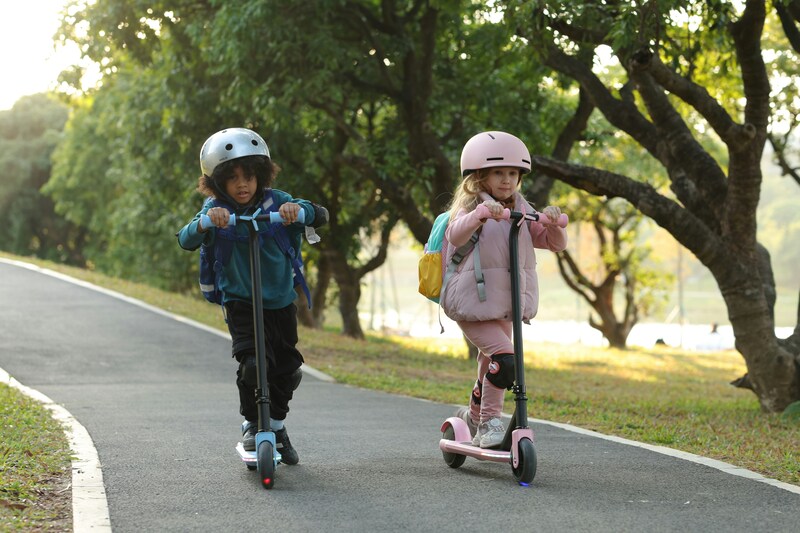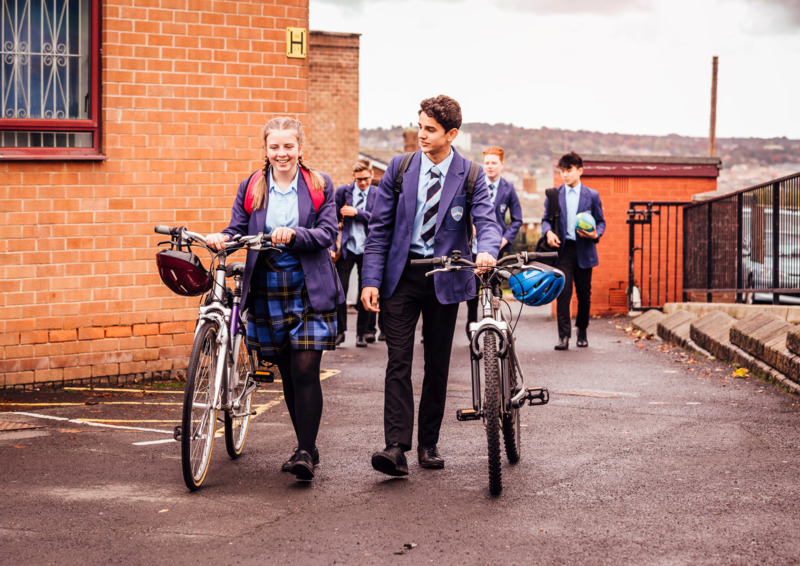Transport

Car use is increasing, and this has serious effects on our:
Benefits of Active Travel
-
Walking, cycling, or scooting to school increases daily physical activity.
-
Helps children build independence, make friends, and develop road safety awareness.
-
Active children are more alert and focused in class.
-
81% of pupils say they want to travel actively—currently 55% do, up from 40% in 3 years (Sustrans data).

What Is Sustainable Transport?
Any travel method that reduces car use and pollution, including:
-
Walking
-
Cycling
-
Scooters
-
Bus or train travel
-
Car-sharing
What Can Schools Do?
-
Create a School Travel Plan: A plan with actions to support walking, cycling, or shared transport.
-
Run awareness campaigns: Promote Walk to School days, WOW (Walk on Wednesdays), cycle training, and Bike Week.
-
Tailor your approach: Every school has unique challenges and solutions. Involve pupils, staff, and parents.

Curriculum Links
This topic fits into:
-
Geography, Science, Maths, ICT, Design & Technology, Art, Literacy, and Numeracy.
-
Includes real-world learning about sustainability, health, and safety.
Resources Available
Eco-Schools offers free PowerPoints and activities for all age groups (Foundation to KS5).
Contact eco-schools@keepnorthernirelandbeautiful.org to register for the Travel Challenge or access resources.
More Info
-
Check out Case Studies to see how other schools improved transport.
The Partners section also provides details of organisations that will be able to offer your school help on transport issues.
